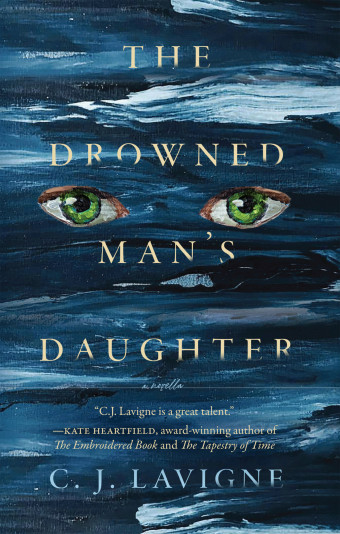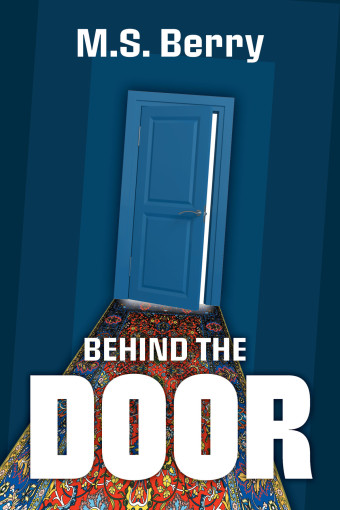Genre is a tricky thing, especially when talking about a book like He Who Would Walk the Earth by Griffin Bjerke-Clarke. It has elements of a variety of genres, including horror, fantasy, and western.
Yet it’s a story that truly can’t be contained or defined by any one of those genres; this debut novel is something special all on its own.

- He Who Would Walk the Earth
- Griffin Bjerke-Clarke
- Fernwood Publishing
- $24.00 Paperback, 160 pages
- ISBN: 978-17-73637-22-8
Bjerke-Clarke is Métis, raised in Regina, Saskatchewan, yet disconnected from his own heritage. It’s a reality many Indigenous and Métis people face in Canada because of long-held stigmas. According to Bjerke-Clarke, “I grew up with traditional stories and teachings from my grandfather and my mother, but speaking about our ancestry was largely seen as taboo.”
When his father’s work moved them to Nova Scotia, the gap only widened due to the lack of a strong Métis presence in the province. That would change over time as he found kinship with other displaced Métis from the prairies.
A combination of both life experience and education is at the core of this novel.
“When I started university, I noticed that the ideas we – as students – were made to understand as foundational or important largely came from western philosophers. We were made to believe that the racist assumptions core to their philosophies were irrelevant to a discussion of their ideas.”
His original intentions with the story evolved from there with an important realization.
“My aim with this book was to vent my frustrations and to expose most of the poster boys of the western canon … but as I went on, I realized that the opportunity to include alternative voices from perspectives beyond the ‘west’ was vital,” Bjerke-Clarke explains.
From there, the journey of Felix Babimoosay was born.
_600_900_90.jpg)
Felix has no memory, no connection to the past, and endlessly searches the world for not only meaning but a sense of belonging. Everything around him is coming apart, a reality that is never quite what it’s supposed to be and rarely lives by its own purported truths.
For Bjerke-Clarke, Felix’s journey is a deeply personal one, both for himself and for other Métis who have felt such a strong sense of disconnection from their own heritage.
“He (Felix) is many young men these days. I have been him and I have met him several times in my life – someone looking for belonging and meaning amongst all the chaos.”
But the beauty of the story is the hope built into it. “Felix and I both have to accept and understand where we come from and it’s a long journey to get there. When we finally understand our place, we can work toward creating supportive and positive communities,” Bjerke-Clarke shares.
As for the genre He Who Would Walk the Earth fits in, there’s no simple answer to that question.
When pressed, Bjerke-Clarke says the closest descriptor would be weird western, as “there’s horror, there’s fantasy, there’s mystery, there’s satire and there’s comedy, but it’s all in service of a journey and the exploration of a world in decay. I just hope it all comes together as intended.”













